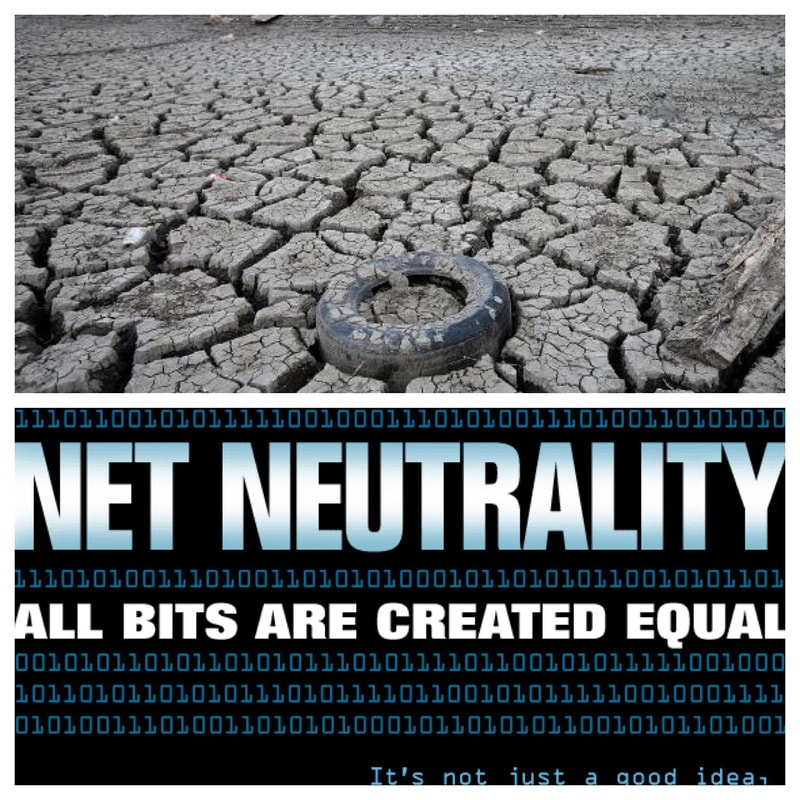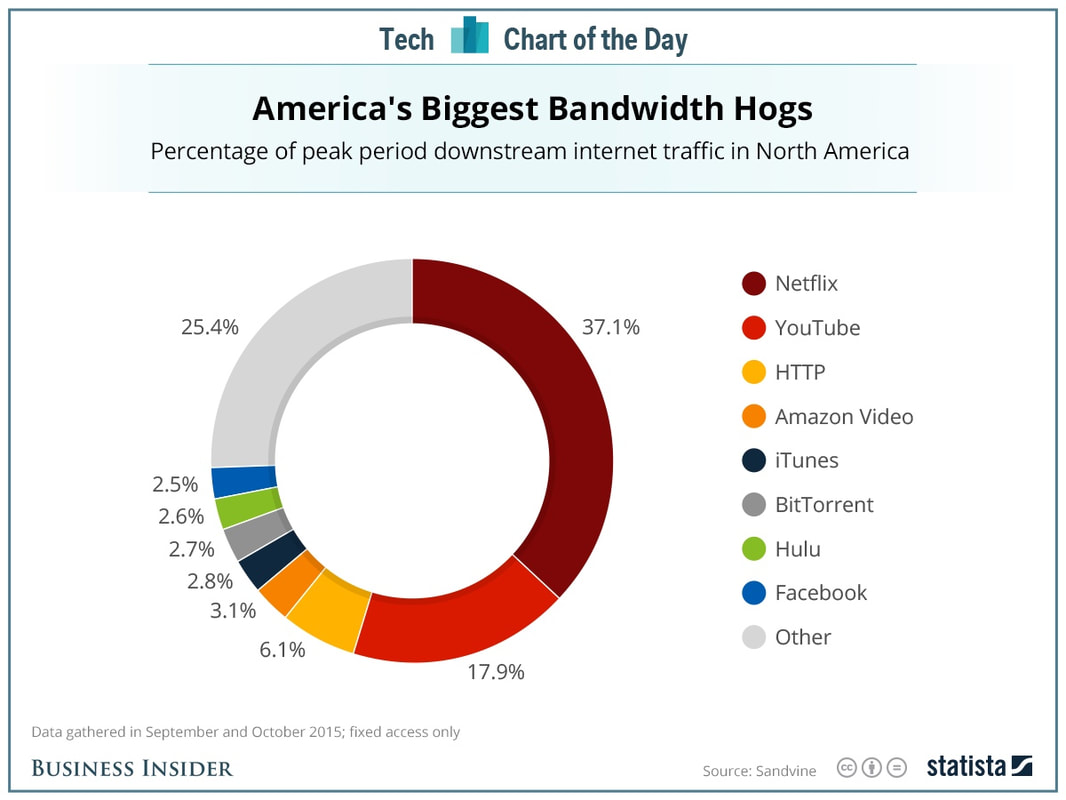Take electricity for example. The American electrical grid is woefully inadequate and underdeveloped for the size of our population. It’s the reason that relatively minor events can cause huge blackouts which may affect multiple states at once. Why? Due to price controls and regulations, no one is willing to invest in new power plants because the return on investment is poor or negative.
Look at the vaccination industry for another example. In 1993 there were 25 vaccine makers in the United States. That year Hillary Clinton pushed congress to pass the Vaccines for Children Act. According to the Wall Street Journal, with the government purchasing 55% of childhood vaccines at forced discount prices, there have been "declining financial incentives to develop and produce vaccines." Never mind that programs like Medicaid were already providing them for the truly needy. The result? The vaccination rate for children “barely budged,” and twenty of the companies abandoned the vaccine business, leading to appalling shortages. Foreign companies have since stepped in to fill the void who are exempt from the Vaccines for Children Act.
Since the Open Internet Act of 2015, everyone agrees that broadband investment by service providers is down $3.6 billion from the previous period already. This is what happens when you limit profits through price fixing. And it’s going to get worse. That means more users will be sharing less capacity. Slower speeds for all. Repealing the Open Internet Act will lead to more investment and faster speeds for all.
This week I was listening to a local businessman expound on the dangers of net neutrality and how it was adversely affecting rural communities. However, he was preaching to the choir, since he was speaking to other business leaders and financial professionals. It struck me how there is such a dichotomy of thought on this subject. Most people in business, with the major exception of content providers, are universally against net neutrality. Anyone who has experience in business or evaluating capital investments instinctively knows it won’t work. If you asked this crowd if they knew anyone who supported net neutrality, they’d be hard pressed to think of anyone. None of these people are on Twitter or do much public writing. It’s one of the reasons I started my blog.
So why would anyone favor the Open Internet Act? Basically, there are only two groups who favor the Open Internet Act. Though if you’re on Twitter, you would think everyone does. Essentially, the large media providers support it along with all the people that they’ve brainwashed. As providers of content, they have an outsized impact on how people think.
The Open Internet Act allows a few big players unlimited access to a limited pool of resources. We’ve run into problems with this model before. For example, California suffered terrible drought issues because many farming companies had a grandfather clause in the law which allowed them to pump unlimited water from the ground. The government was unable to place a certain charge per gallon on this group so everyone else suffered water rationing while these farms watered their almond fields or filled their plastic water bottles. If California had the power to raise the price on these farmers or water bottling companies, they could have more easily dealt with the outsized demand. But they couldn’t and everyone suffered. The perfect picture of what will happen if the Open Internet Act isn’t overturned.
A Net Neutrality Primer
Net Neutrality Leads to Higher Prices and Less Innovation
Now available ---> The Tesla Bubble





 RSS Feed
RSS Feed